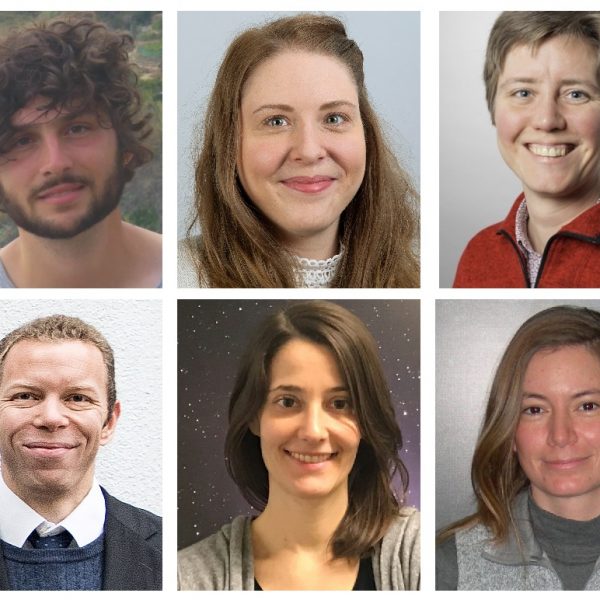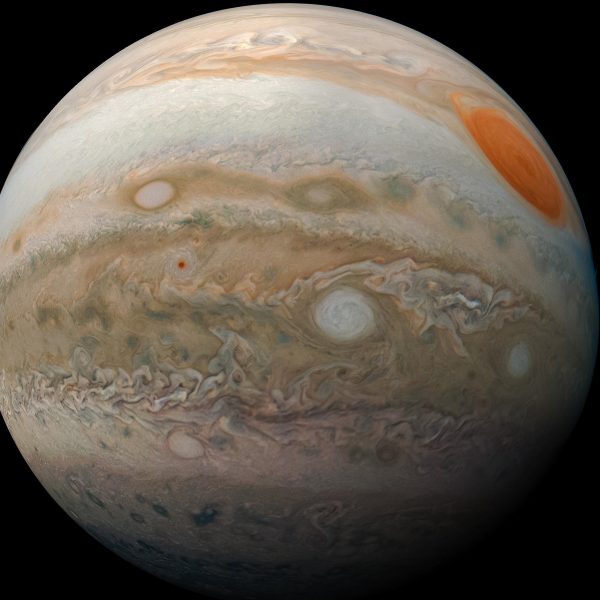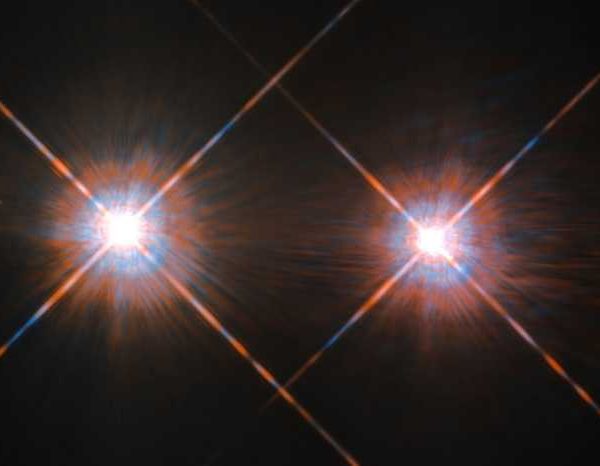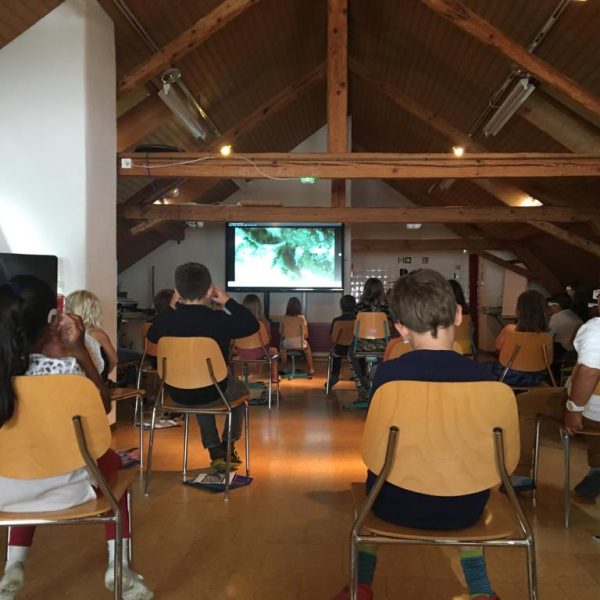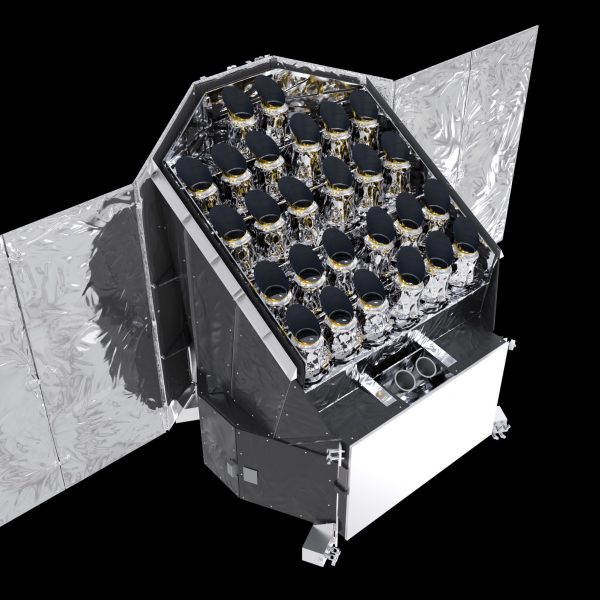News
Prestigious Grants and Honors of PlanetS members
Despite the difficulties that the pandemic brought with it, our members have been incredibly successful in applying for prestigious grants and were honored with exceptional awards and prizes. Below follows an overview of some of the more recent examples. Paolo Sossi (ETHZ) and Brice Demory (UBE) won Starting and Consolidator Grants from the European […]
Continue ReadingProjektsekretär/in 70% (Mutterschaftsvertretung ab August 2022 bis Ende April 2023)
PlanetS ist ein Nationaler Forschungsschwerpunkt der Schweiz, der sich mit der Erforschung von Planeten befasst. Für das Projekt Office des NCCR Projektes suchen wir eine/n Projektsekretär/in 70% (Mutterschaftsvertretung ab August 2022 bis Ende April 2023). Projektsekretär/in 70% (Mutterschaftsvertretung ab August 2022 bis Ende April 2023) Hauptaufgaben: Erledigung sämtlicher administrativer Arbeiten bei Personalanstellungen Organisation von Video- […]
Continue ReadingPhD position in computational modelling of asteroid collisions
PhD position in computational modelling of asteroid collisions Asteroids, along with comets, are direct remnants from Solar System formation. They contain a relatively pristine record of the initial conditions present in the solar nebula, 4.6 billion years ago. These objects represent a unique opportunity to study the building blocks of planets and the role of […]
Continue ReadingPhD position in (exo)planetary atmospheres and planet formation
We invite applications for a 4-year PhD position in theoretical astrophysics and planetary science in the research groups of Prof. Christoph Mordasini and Prof. Ingo Leya at the University of Bern (Switzerland). The subject is to theoretically study the imprints of planet formation and evolution in planetary atmospheric spectra including recent modifications by stellar and […]
Continue ReadingExoplanets PhD position in Geneva for statistical analysis of transiting exoplanets
The exoplanet team of the University of Geneva has an opening for a PhD position to work on the statistical analysis of transiting exoplanet properties. The project is linked to the study of the properties of transiting exoplanets including the impact of observational biases, the correlation between exoplanets and host-stars properties, the comparison with synthetic […]
Continue ReadingA closer look at Jupiter’s origin story
Researchers of the University of Zurich (UZH) and the National Centre of Competence in Research (NCCR) PlanetS have investigated Jupiter’s formation history in great detail. Their results suggest that the giant planet migrated far from its origin and collected large amounts of material on its journey. One of the most important open questions in planetary […]
Continue ReadingImagining an Earthly neighbour
We do not yet know whether the Sun-like stars closest to us, the α Centauri A/B binary, harbour an Earth-like planet. However, thanks to new modelling work, we now have a good sense of what such a planet, should it exist, would look like and how it might have evolved. Text by Andreas Trabesinger These […]
Continue ReadingThe astronomer in your class room
“How many planets has she been to?”, the 8- and 9-year-old pupils asked their teacher. “Well, she’s a scientist, not an astronaut, and scientists generally stay on Earth,” the teacher replied. Despite the disappointment that I could not tell them about my adventures on other planets, the pupils of the Bernese primary school were very […]
Continue Reading“Luck is an important factor – that is difficult to digest.”
Martin Turbet was a member of the NCCR PlanetS for three years and received a Marie Curie fellowship from the EU during this time. Now he was selected for a permanent position as a CNRS research scientist working in Paris. Here, he talks about his multidisciplinary research, the role of luck in academia and gives […]
Continue ReadingHow Switzerland contributes to PLATO
ESA’s next-generation planet-hunting mission received the green light to continue with its development after the critical milestone review concluded successfully in January. Switzerland plays a key role in this special undertaking. How many rocky, Earth-like planets are there, out there vastness of the cosmos? How many orbit a star similar to our Sun? How many […]
Continue Reading
